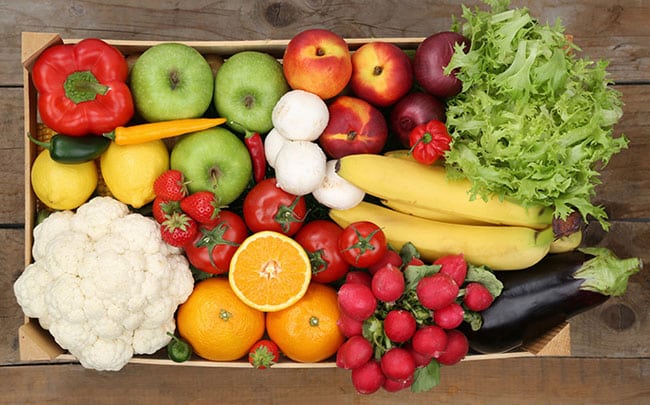
Your nutritional instructions will help to provide you with long-term results.
When you are planning to have weight loss surgery, you will receive nutritional information and counseling support to help you on your weight loss journey. Nutritional support can help you learn how to make healthy nutritional choices so that your body gets the nutrients that it needs while avoiding empty calories from unhealthy foods. You will learn how to:
- Choose the right foods
- Stick to the right portion sizes
- Control cravings
CONTACT US TODAY
Relationship Between Weight and Nutrition
Making healthy food choices and eating quality foods is often more important than the quantity of what you are eating. To lose weight after surgery, choose foods that are minimally processed and limit sugary foods. These two changes in your diet can help to stave off the slow creep of weight gain or the stagnation after an initial weight loss. Protein-based diets with quality carbohydrates help you to feel satisfied with fewer calories.
Dietary Restrictions
If you have dietary restrictions, your dietician and nutritionist will help you to plan around them. Some patients need to be on a low-sodium, low-cholesterol, or low-fat diet due to their weight loss surgery.

Specialty Diets
Specialty diets may be needed if you have another medical condition in addition to obesity. If you have a lactose sensitivity or allergy, you will work with the nutritionist to develop a meal plan that avoids dairy products. Food allergies are an increasingly common problem. If you have an allergy to eggs, nuts, shellfish or another type of food, the nutritionist will keep those concerns in mind when helping to create your nutritional plan for after your weight loss surgery. People with diabetes must follow a low-glycemic index diet.
Nutritional Needs
Your nutritional needs after weight loss surgery may be different than they were before. Depending on the type of weight loss surgery that you have, your stomach size may be much smaller. This means that your body not only absorbs fewer calories, but it also takes in fewer essential vitamins and minerals. Your nutritionist understands these changes and can help you to choose foods that are high in vitamins, fiber, and minerals. You might also receive a recommendation to take a vitamin supplement in order to meet your nutritional needs.
Making Healthy Dietary Choices
There is a growing body of medical evidence showing that the choices you make for food and beverages have a considerable impact on maintaining a healthy body weight. For example, refined or processed grains such as white flour and white rice are known to cause an increase in body weight compared to unprocessed grains such as quinoa and millet. Sugary soft drinks are another poor nutritional choice that leads to weight gain. You will learn about making healthier choices, such as filling up half of your plate with vegetables, one-quarter with a whole grain and one-quarter with a lean protein. Your nutritionist will explain about healthy beverage choices as well. When your stomach is smaller, you may not be able to consume a drink at the same time as a meal.
Portion Sizes
In addition to choosing the healthiest foods, you will also need to select healthy sizes of portions. For example, a serving of meat is about the size of the palm of your hand. Controlling portion sizes will also help you to lose excess body weight and maintain a healthy weight once you reach your weight loss goals. Sticking with a proper portion size can be difficult, which is why you will learn about how to read nutritional labels on packaging.

